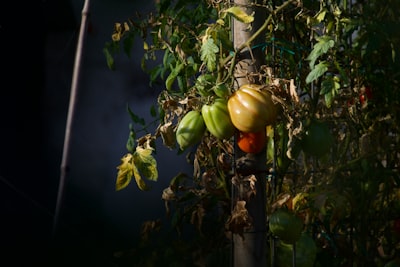As meteorologists sound the alarm over unprecedented temperatures in Germany, the idea of cracking the 40-degree mark no longer seems like science fiction. But let's take a detour from the expected headlines about melting asphalt and air conditioning sales. Imagine, instead, a future where German landscapes—lush vineyards, rolling meadows—transform into groves of papayas, mangoes, and avocados.
It may sound outlandish, but history is full of surprising climate shifts that reshaped entire cultures. Ancient Rome, for instance, once produced North Africa’s wheat. In Britain, vines once flourished before the Little Ice Age iced them out. As Europe's climate line shifts northward, could German farmers find themselves experimenting with crops once thought exclusive to the tropics? Horticulturists are already taking cautious steps—kiwis and figs, once rare delicacies, are now slowly appearing in local markets.
But with this unexpected bounty come difficult questions: What traditions stand to be lost as centuries-old crops (apples, barley, hops) struggle in a new heat? Can urban planners and architects reimagine German cities for tropical nights and midday siestas? And how do societies maintain their cultural identity when their very seasons start to feel foreign?
Maybe the next German fairytale won’t begin with a gingerbread house, but with a banana tree on the edge of the Black Forest. Would you trade snowy Christmas markets for December barbecues under palm trees?

Comments
No comments yet. Be the first to comment!